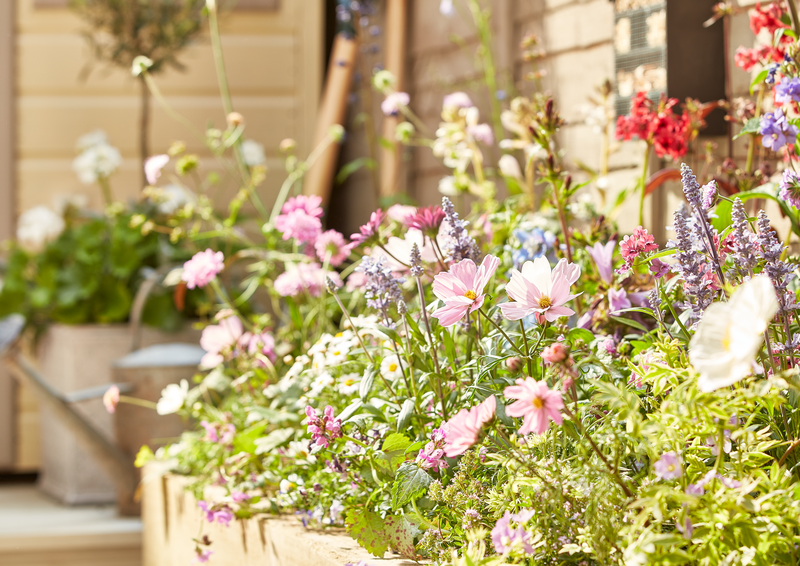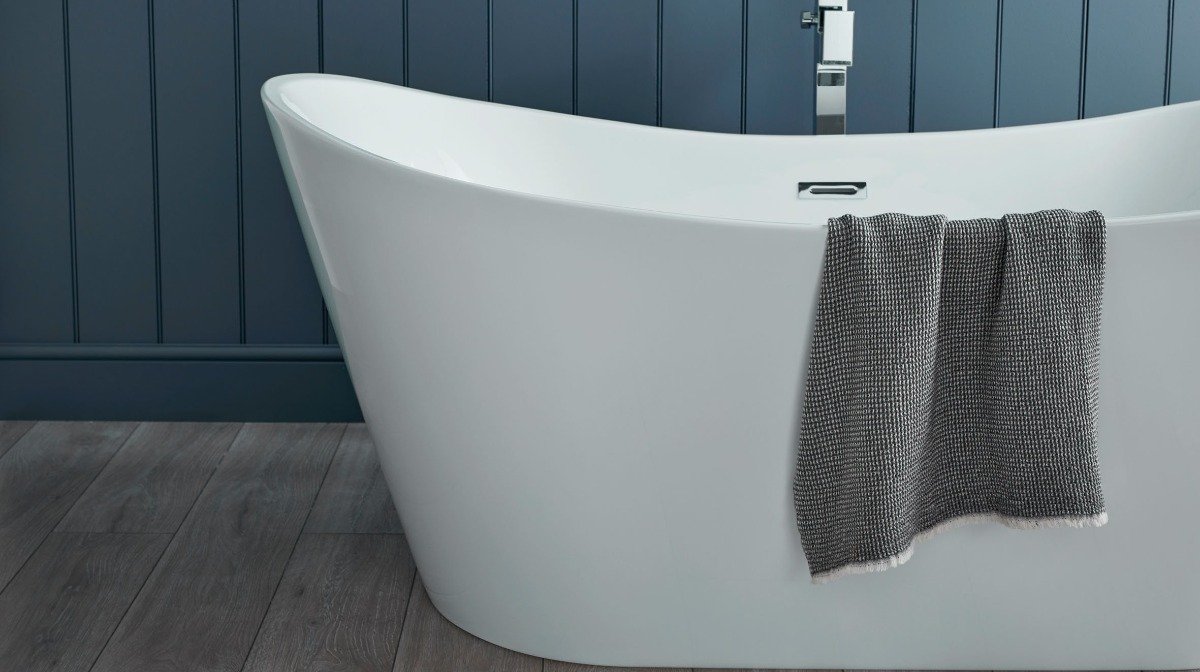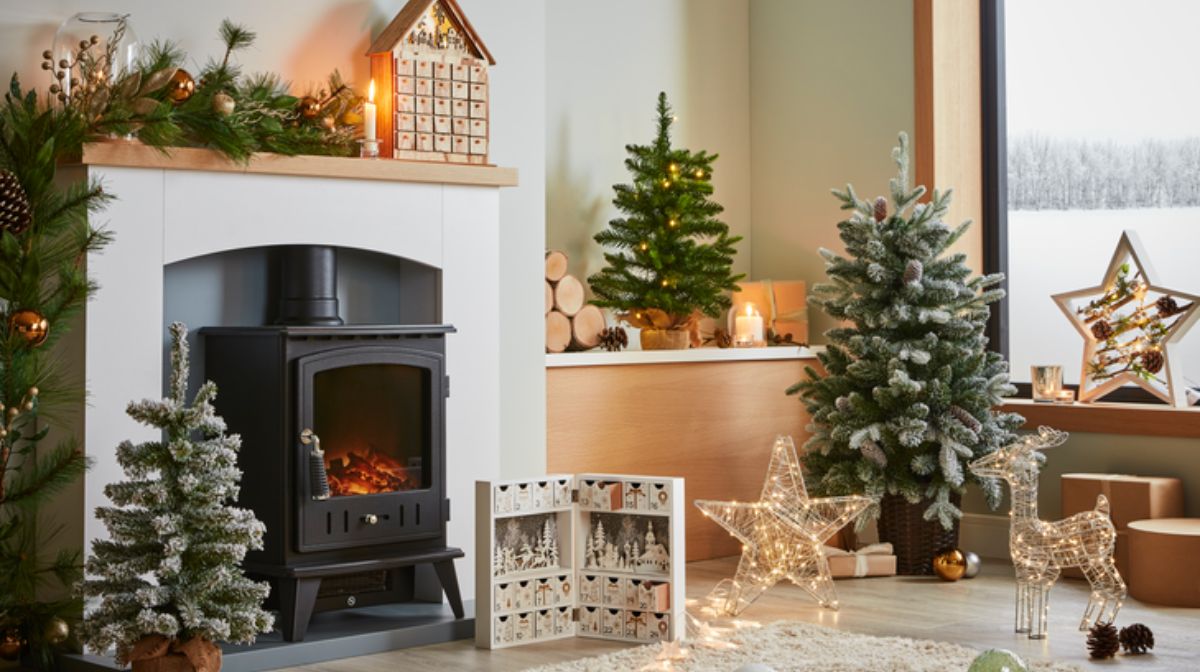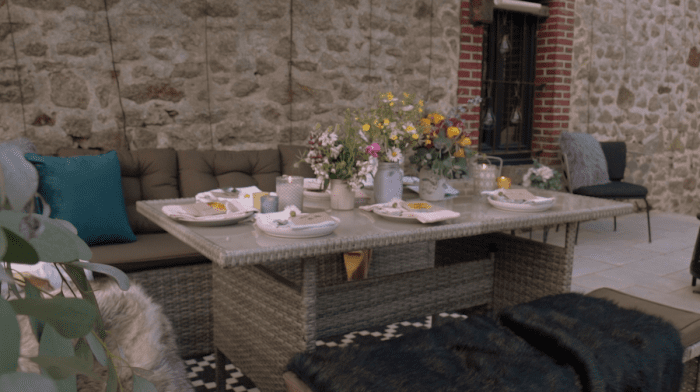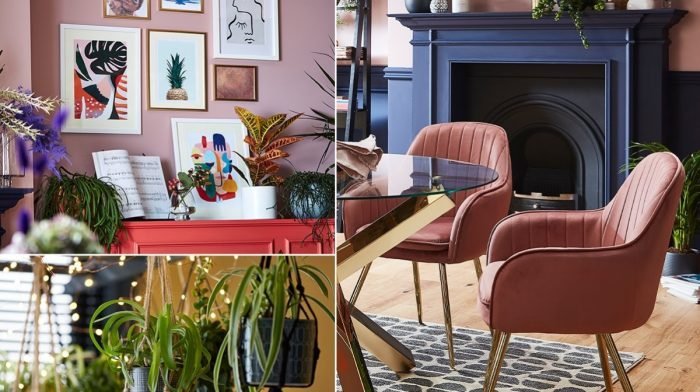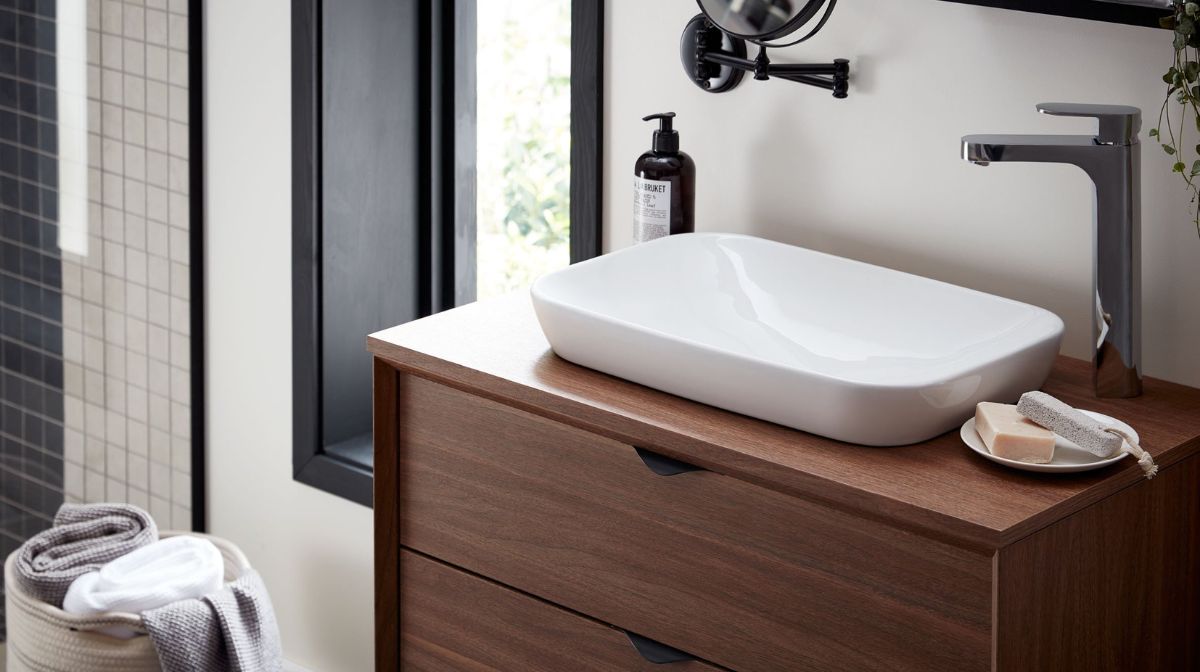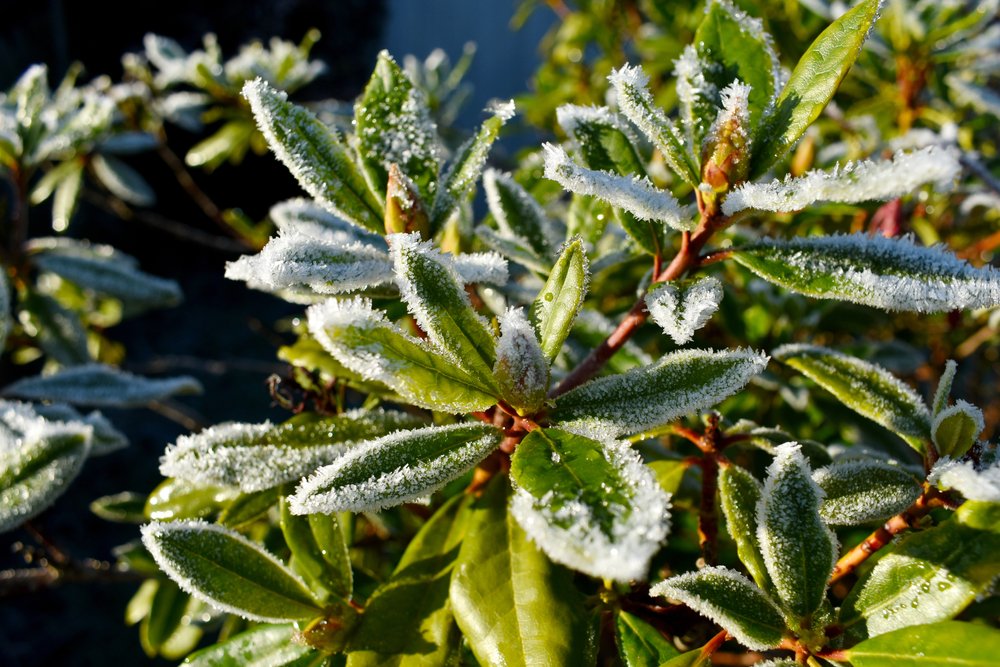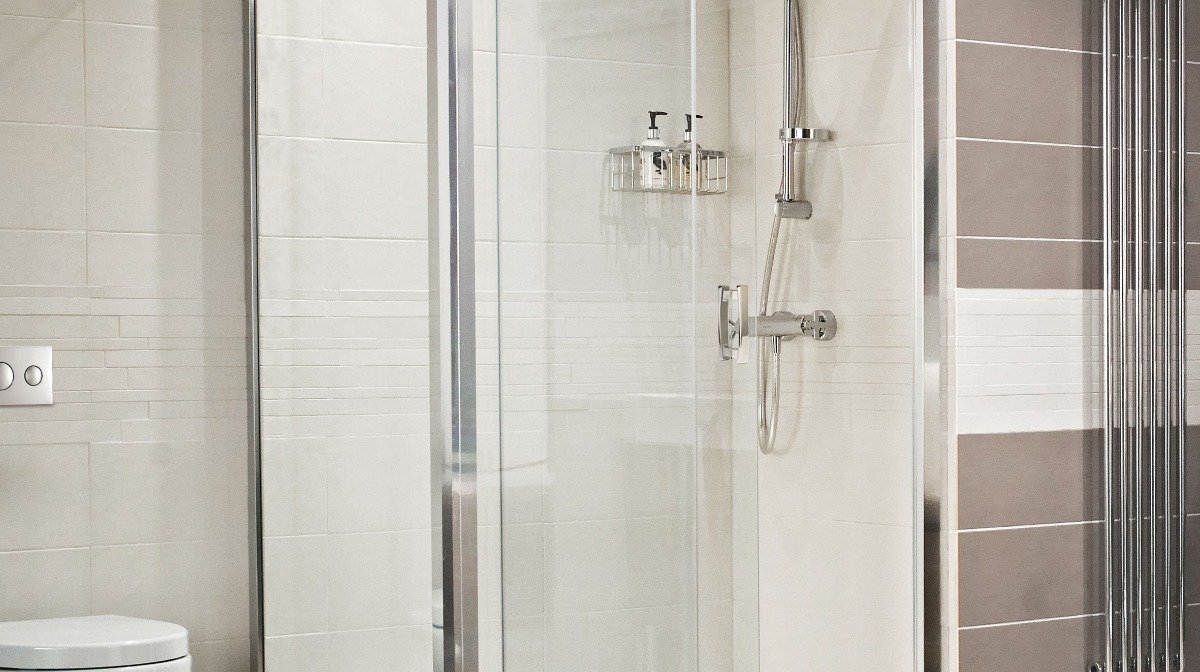Now more than ever, we’re in search of ways to make the most of our outside spaces. Alongside the benefits of spending more time amongst nature, putting time into creating a sustainable garden with our sustainable gardening ideas will help to protect our planet and the creatures we share it with.
What does sustainable gardening mean?
Sustainable gardening means gardening in a smarter and more eco-friendly way. It’s about using organic growing methods, all-natural feeds and protective sprays, whilst reducing your waste and use of non-recyclable materials.
If you need some inspiration to help you create your own sustainable garden, we’ve got lots of ideas to help you gradually move towards a more environmentally friendly outside space.
Sustainable gardening ideas
Look for organic products
One of the quickest and best sustainable gardening solutions is to switch to eco-friendly gardening products.
The ecofective® range is a great choice, with products that are organic and that use only natural ingredients. Not only are they pesticide-free, but they also have refill options to reduce your use of single-use plastics.

